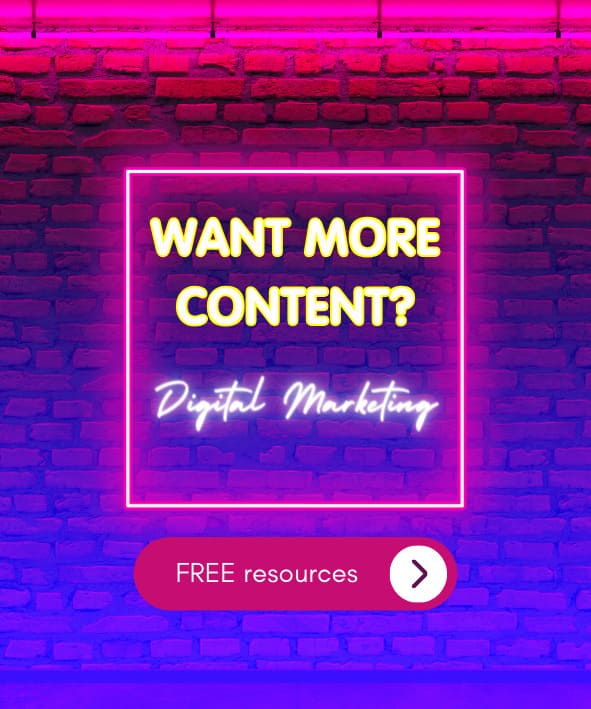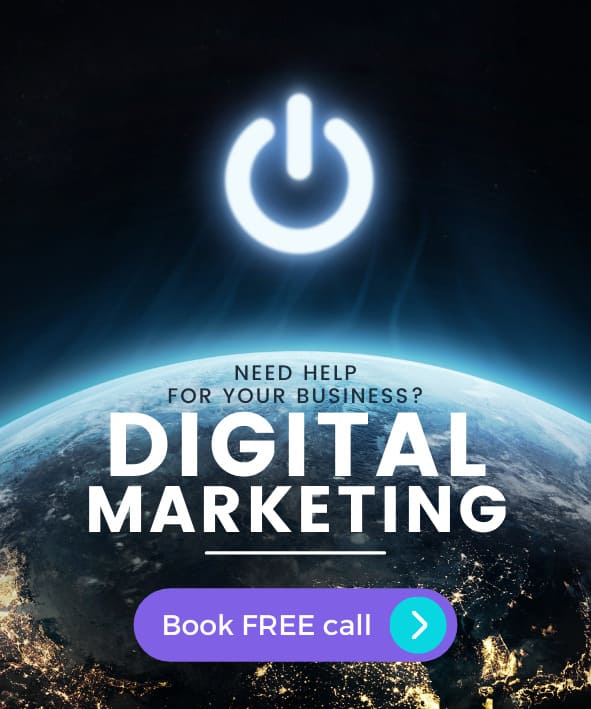Managing marketing budgets effectively is crucial for
businesses looking to maximize their ROI while maintaining the quality of their
campaigns. Here are 10 strategies to help reduce costs without compromising the
quality of your marketing efforts:
1. Leverage Data and Analytics
Data-Driven Decisions:
- Analyze Performance: Use analytics tools to
identify high-performing campaigns and allocate more budget to those while
cutting back on underperforming ones.
- Optimize Spend: Regularly review and optimize
your spending based on data insights to ensure your budget is being used
efficiently.
Example: An
e-commerce business uses Google Analytics to track the performance of its PPC
campaigns, reallocating funds from low-performing keywords to those that drive
higher conversions.
2. Focus on Organic Growth
SEO and Content Marketing:
- Optimize for SEO: Invest in search engine
optimization (SEO) to drive organic traffic, which can be more
cost-effective in the long run compared to paid advertising.
- Content Marketing: Create high-quality, evergreen
content that continues to attract and engage audiences over time without
additional costs.
Example: A travel
blog focuses on creating SEO-optimized articles about popular destinations,
driving continuous organic traffic without the need for ongoing ad spend.
3. Use Marketing Automation
Efficiency and Productivity:
- Automate Tasks: Implement marketing automation
tools to streamline repetitive tasks such as email campaigns, social media
posting, and lead nurturing.
- Personalized Campaigns: Use automation to
deliver personalized messages at scale, increasing engagement without
additional manual effort.
Example: A real
estate firm uses marketing automation to send personalized property
recommendations based on user behavior, improving engagement and conversions
while reducing manual workload.
4. Optimize Ad Spend
Smart Advertising:
- A/B Testing: Conduct A/B tests to identify
the most effective ad creatives, copy, and targeting options, ensuring you
get the best results for your budget.
- Retargeting Campaigns: Focus on retargeting
campaigns to reach users who have already shown interest in your products
or services, which often results in higher conversion rates.
Example: An online
retailer tests different ad creatives and targeting options on Facebook,
optimizing for the highest performing combinations to reduce cost per
acquisition (CPA).
5. Partner with Influencers
Cost-Effective Outreach:
- Micro-Influencers: Collaborate with
micro-influencers who have a loyal and engaged following. They often
charge less than larger influencers and can provide a high ROI.
- Barter Arrangements: Consider barter
arrangements where you offer your product or service in exchange for
promotion, reducing cash outflow.
Example: A beauty
brand partners with micro-influencers to promote new products through social
media posts and stories, generating buzz without significant ad spend.
6. Utilize User-Generated Content
Authentic Engagement:
- Encourage Reviews and Testimonials:
Encourage satisfied customers to leave reviews and share their experiences
on social media.
- Content Sharing: Use user-generated content
(UGC) in your marketing campaigns to build trust and authenticity at a
lower cost than creating original content.
Example: A fitness
brand features customer photos and testimonials on its website and social media
channels, leveraging authentic content to engage potential customers.
7. Negotiate with Vendors
Cost Reduction:
- Better Terms: Negotiate better terms with
your vendors and service providers to reduce costs for services such as
marketing tools, software, and advertising space.
- Bulk Discounts: Seek bulk discounts or
long-term contracts to lower per-unit costs.
Example: A digital
agency negotiates a discounted rate for its email marketing software by
committing to a one-year subscription, reducing monthly expenses.
8. In-House Capabilities
Internal Expertise:
- Train Your Team: Invest in training your team
to handle various aspects of digital marketing in-house, reducing the need
for expensive external agencies.
- Utilize Existing Skills:
Leverage the skills of your existing team to create content, manage social
media, and run basic SEO tasks.
Example: A small
business trains its marketing team in SEO best practices, allowing them to
handle optimization tasks internally and save on outsourcing costs.
9. Focus on Customer Retention
Loyalty Programs:
- Retain Customers: Develop loyalty programs and
retention strategies to keep existing customers engaged and encourage
repeat business.
- Personalized Offers: Use personalized
marketing to offer existing customers special deals and discounts,
fostering loyalty without high acquisition costs.
Example: A
subscription box service offers exclusive discounts and early access to new
products for loyal customers, reducing churn and increasing lifetime value.
10. Leverage Free and Low-Cost Tools
Budget-Friendly
Resources:
- Free Tools: Use free or low-cost marketing
tools for tasks such as social media management, email marketing, and
content creation.
- Open-Source Software: Explore open-source
software options that provide robust functionality without the high costs
of premium tools.
Example: A startup
uses free versions of tools like Hootsuite for social media scheduling and
Mailchimp for email marketing, effectively managing their campaigns on a tight
budget.
Conclusion
Reducing costs while maintaining the quality of your
digital marketing campaigns requires a strategic approach and smart resource
management. By leveraging data and analytics, focusing on organic growth, using
marketing automation, optimizing ad spend, partnering with influencers,
utilizing user-generated content, negotiating with vendors, building in-house
capabilities, focusing on customer retention, and using free and low-cost
tools, you can effectively manage your budget and achieve your marketing goals.
Implement these strategies to maximize your ROI and ensure your marketing
efforts are both efficient and impactful.












